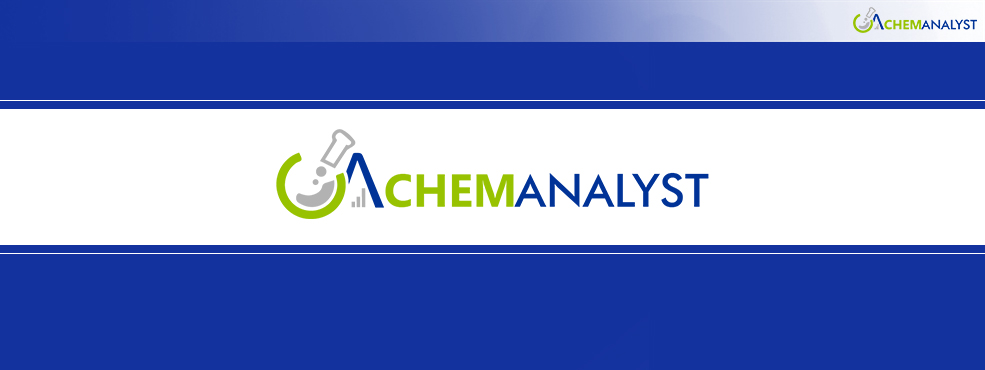Welcome To ChemAnalyst

German tartaric acid prices increased steadily throughout July 2025 under the pressure of decreasing Chinese supply, port delays, and inland transport disruptions. Gains each week represented steady upward pressure since there were supply-side pressures from the outside. China's sector slowdown and weather disruption delays maintained exports, including tartaric acid, in arrears. Shipping delays, Red Sea detours, and low German river levels, nonetheless, pushed freight prices higher. Prices are likely to be firm throughout August in the presence of steady logistical and geopolitical pressures.
Tartaric acid prices in Germany maintained a consistent upward trajectory throughout July 2025. The steady increase was largely driven by limited import availability from China, persistent congestion at major German ports, and inland transportation delays caused by prolonged climate-related disruptions.
Weekly price movements of tartaric acid over the month of July indicate a definite and linear upward trend. Prices for tartaric acid increased by 1.66% during the first week, then 1.80%, 1.82%, and 1.25% in following weeks. These rises are not just an indicator of local demand fluctuations but largely the result of outside supply-side pressures, largely from China-the biggest source of Germany's imports of tartaric acid.
China's manufacturing industry, which indicated tentative signs of renewed growth in June following enhanced trade relations with the United States, contracted again during July. The official factory Purchasing Managers' Index (PMI) dropped to 49.3, lower than predictions of 49.7 as indicated by the National Bureau of Statistics. Decline was due to extensive weather-related disruption in China, where torrential rain and record heat disrupted production schedules and logistics operations. While the government has committed to ramping up stimulus measures to spur industrial growth, the slowdown has already affected the exportation of exports-including tartaric acid-to Europe.
The situation has been further complicated by logistical setbacks within Germany and across Europe. Port congestion at major terminals such as Hamburg and Bremerhaven has intensified. Yard space remains at capacity, berthing schedules are under strain, and vessel delays have become increasingly common. The ripple effects of the ongoing Red Sea crisis, fueled by renewed threats from Houthi rebels on July 27 to target commercial ships, have worsened the issue. Many carriers have opted to reroute vessels via the Cape of Good Hope, extending transit times and disrupting European port rotation schedules, thereby delaying tartaric acid shipments.
Adding to the logistical strain are the inland waterway challenges posed by Germany’s Rhine and Danube Rivers. A severe heatwave spanning June and July led to drastically lowered water levels, slashing barge transit capacity to as low as 30–50% in early July. Shippers responded by imposing surcharges as high as 100% for under-loaded vessels, further elevating the cost of moving cargo, including specialty chemicals like tartaric acid. These compounded freight costs have contributed directly to the upward momentum in tartaric acid pricing.
Looking ahead, tartaric acid prices in Germany are expected to remain firm through August. Continued uncertainty in Chinese production and unrelenting logistical bottlenecks in Germany are causing headaches for importers and traders. Buyers will probably be having sufficient inventory levels and carefully monitoring shipping schedules as any further disruption-due to geopolitical tensions or weather-related issues-may extend delivery timelines and push tartaric acid prices up.
We use cookies to deliver the best possible experience on our website. To learn more, visit our Privacy Policy. By continuing to use this site or by closing this box, you consent to our use of cookies. More info.
